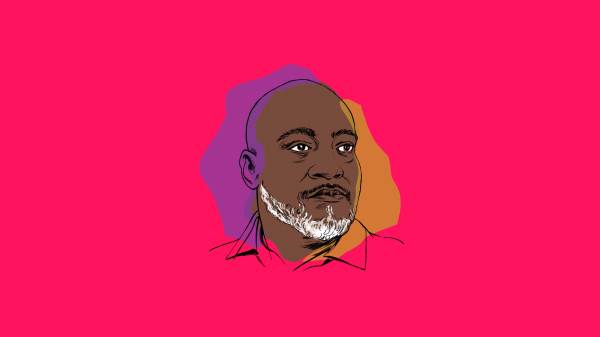
In 2020, Oregon passed Measure 110, making it the first state to decriminalize personal possession of small amounts of all illicit drugs and redirect tens of millions of public dollars to treatment and public health services. It was a monumental victory for opponents of the War on Drugs, a nefarious, punitive system that has cost lives, targeted communities of color, squandered taxpayer dollars, and scoffed at science.
Kassandra Frederique is one of the most vocal of those opponents and her organization, Drug Policy Alliance (DPA), was integral to the win in Oregon. In 2009, the native New Yorker and daughter of Haitian immigrants started as an intern at the Ford-funded DPA when her social work graduate program at Columbia University placed her there. The organization hired her when she completed her master’s (she earned her undergraduate degree in industrial labor relations from Cornell), and she eventually rose to New York State director in 2015, creating a program that cut the number of marijuana arrests in the state by 99 percent. In September, she stepped into her current role of executive director.
Decriminalizing drug possession is high on the list of DPA’s priorities for the years ahead. They believe drug use—which can, but does not always, escalate to substance use disorder—is a matter of health, not criminal justice. Drug possession is the most arrested offense in the country, with one arrest every 23 seconds, filling the nation’s jails and prisons at enormous cost and subjecting people to unemployment, homelessness, loss of child custody, parole or immigration issues, and denial of federal programs like college financial aid and SNAP benefits. Overwhelmingly, people of color bear the brunt of drug policy, which Frederique calls “a master class in white supremacy policymaking.”
It doesn’t have to be this way, not least because prohibition doesn’t work. Frederique points to Portugal as an example of successful alternative approaches. When the country decriminalized drugs in 2001, drug use remained the same but overdoses and diseases dropped sharply and treatment rose. Chipping away at draconian drug laws, the alliance has been instrumental in legalizing marijuana in multiple states, reducing prison populations with drug sentencing reform efforts, and increasing evidence-based harm reduction programs such as syringe exchanges, safe consumption spaces, and access to naloxone (an antidote to opioid overdose). Frederique and her team are proving time and again that law enforcement should not be the gateway to treatment.
Frederique won’t rest until the remaining 49 states follow Oregon’s lead. Still, there’s time for joy—she’s let her Gen Z colleagues teach her how to DJ on Zoom, and sometimes she even takes their song suggestions.
Though she landed at Drug Policy Alliance by chance, it was there that Frederique realized her purpose. Desmond Tutu once said, “There comes a point where we need to stop just pulling people out of the river. We need to go upstream and find out why they’re falling in.” Frederique’s mission is to stop that river. A formidable task, but she knows through hard-won experience that when advocates and affected communities work together, they can be a force of nature.









